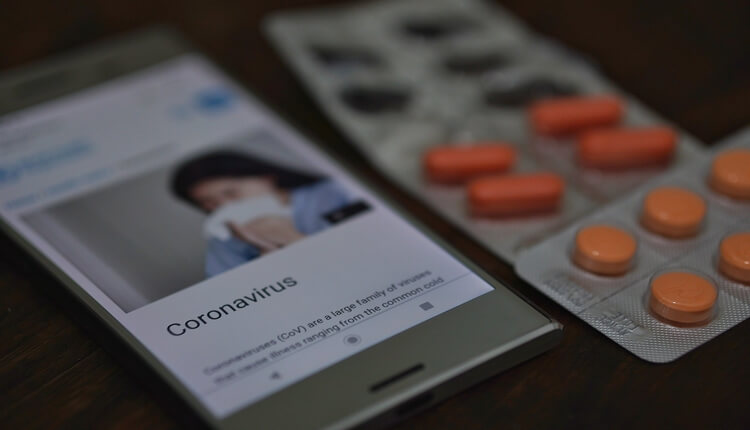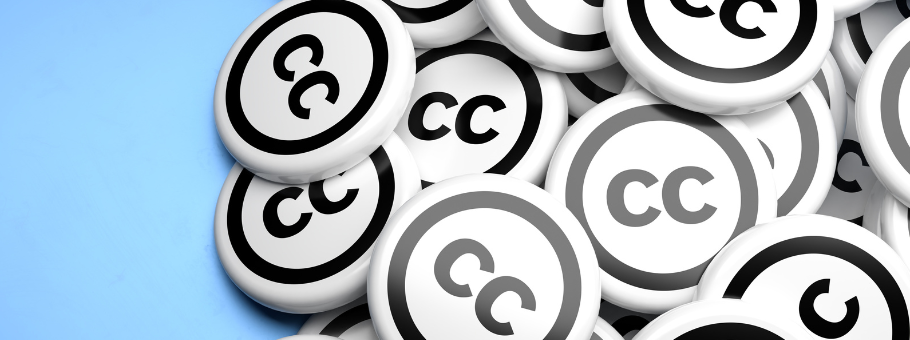Is Making All Research Open Access the Right Way to Combat Coronavirus?

The recent coronavirus outbreak has made headlines across the globe, with millions under quarantine in China and fears spreading as the death toll rises. The virus, which originated in a live animal market in Wuhan, Hubei Province, China, has infected a total of 66,000 with 1,523 deaths as of February 15. The majority of diagnoses and deaths have occurred in Hubei. In fact, even the US, Australia, France, Germany, Japan, and South Korea reported coronavirus cases. France recently reported the first death from the virus outside of Asia. What exactly is this virus, and what role are scientists playing to fight back? Let us read ahead to find out.
Coronavirus: Who are You?
Coronaviruses are a large family of viruses found in both humans and animals. The current strain of coronavirus, now officially named COVID-19, is considered novel because it was never seen in humans before it was identified in Wuhan. Coronaviruses have been responsible for past epidemics such as Severe Acute Respiratory Syndrome (SARS) in 2002 and Middle East Respiratory Syndrome (MERS) in 2012. In the cases of SARS and MERS, transmission to humans originated from animals. Scientists have not yet found the animal source of the novel coronavirus. However, current research theorizes that the first transmission took place from bats or pangolins to humans in a live animal market in Wuhan, wherein the first cases were reported. What has been confirmed is the ability of humans to spread the virus to one another.
In the face of this rapid and terrifying new threat, academia has come together to do its part in fighting the virus. After the first few cases of novel coronavirus were identified in Wuhan, scientists from the China Center for Disease Control and Prevention arrived on the scene to collect samples from the patients. These scientists sequenced the virus genome and immediately shared it with researchers all over the world.
This culture of sharing has allowed for rapid identification of mutations. Nature, Elsevier, and Wellcome have all taken the unusual step of making all research papers about COVID-19 available via open access. The New England Journal of Medicine (NEJM) has done the same, and sped up its peer review process for these papers. As NEJM stated, “some situations call for a different approach [from business as usual].” Journals and academic institutions are also sharing their information with WHO, which maintains a searchable database of currently available research.
Can Open Access Help Us during Epidemics?
Some scientists have hailed the current free sharing of information about the coronavirus as a template for the utopian dream of open science. Others, however, have pointed out the risks of prioritizing information-sharing over quality control. In addition to academic publishers speeding up peer review and offering articles open access, preprint servers have become a source of information about the virus. Preprint servers offer scientists a place to publish preliminary work that hasn’t been reviewed or vetted by anyone else. But as global focus turns to the scientific community to guide us during this epidemic, misinformation has the potential to spread quickly.
One such example is a paper on bioRxiv, a preprint server, by scientists from New Delhi. The paper appeared to suggest that COVID-19 was both similar to HIV and engineered by humans. The paper immediately attracted criticism from multiple scientists who read it and questioned its methodology. It was retracted several days later by its authors. However, the paper still went viral on Twitter before its retraction. Despite the retraction, it is still available across social media.
The rush to publish new findings about the virus has also impacted reputable academic journals. NEJM published a letter about an apparent case of virus transmission from an asymptomatic carrier. However, the case turned out to be wrong. The scientists were in such a rush to publish that they hadn’t taken the time to speak to the patient. The patient did, in fact, have symptoms. The letter is yet to be officially retracted.
Researchers Prefer Traditional Model of Publishing
Both of these cases suggest against rushing to share information- and share information without proper peer review- about the virus. In other words, these examples defend the current academic publishing model.
But other scientists view the rapid, real-time debate and retractions of these papers as a demonstration that preprints and open access can still produce good science and exercise quality control. After all, traditional academic publishing is no stranger to junk science and high-profile retractions. It is well-known that retractions can take months or years to happen in academic journals. Andrew Wakefield’s infamous paper linking vaccines to autism is just one example of the damage that bad science can do. Opinion on the New Delhi paper retraction remains divided, with some scientists arguing it is proof that preprints speed up peer review and others saying they can easily promote misinformation. Regardless, scientists are continuing to freely share new research and information on COVID-19 to promote collaboration and speed up the process of finding a cure.
How to Avoid the Coronavirus
Amidst the controversy over publishing models and research, it’s important to stay healthy and know the symptoms of the coronavirus. Major symptoms include:
- Fever
- Cough
- Shortness of breath
- Fatigue
- Muscle pain
The incubation period of the virus is 2-14 days. If you think you have any of these symptoms, report to your local health center for testing. To avoid exposure, make sure that you:
| Dos | Don’ts |
| Wear a surgical mask when in public | Touch your face, nose, or mouth
|
| Wash your hands frequently for 30 seconds or longer using soap
|
Spit in public |
| Avoid contact with those who exhibit respiratory symptoms | Touch animals or animal waste
|
| Cover your nose or mouth when coughing or sneezing with your elbow or a tissue.
|
Delay seeking medical care if you feel ill |
Do you support the open sharing of information on the novel coronavirus? Have you seen evidence of misinformation shared on social media? Let us know your thoughts in the comments below.










